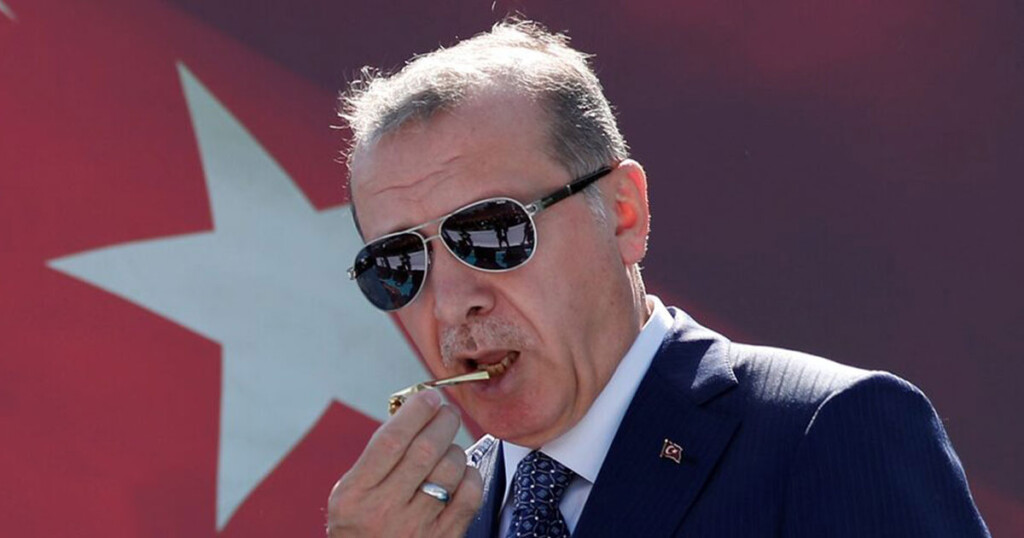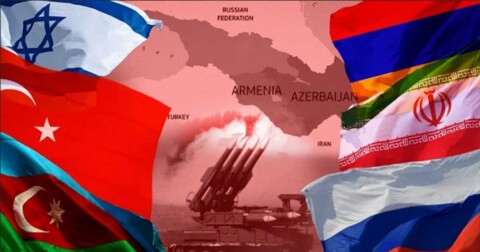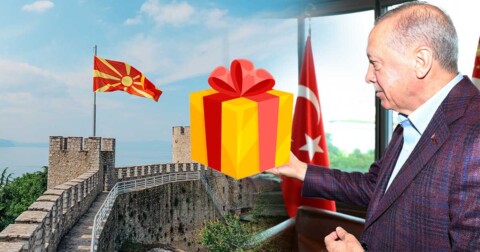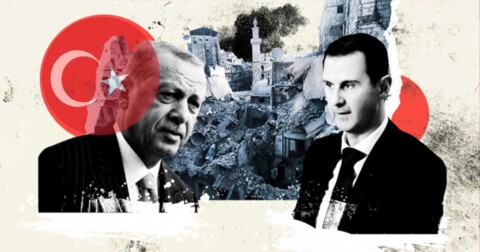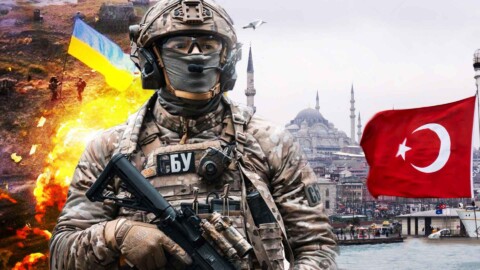With the Russo-Ukrainian War, the bloodshed in the Middle-East and the political turmoil in the United States of America all being featured on national headlines across the world on an almost daily basis, the tribulations of the smaller, lesser-known parts of the world are constantly being pushed to the side of the media spotlight or are forgotten about entirely. One of these “forgotten fronts” is the soon-to-be-concluded conflict between Turkey and the self-described revolutionary Kurdistan Workers’ Party (PKK).
CEREMONY IN THE CAVE
After 47 years of armed operations, on the 1st March of this year, the PKK officially announced a ceasefire with Turkey, its primary opponent, and on the 12th May, the organisation declared that it would officially dissolve as an armed resistance movement. Earlier this month, 30 members of the PKK – 15 men and 15 women – gathered for a symbolic ceremony at Jasana Cave, 50km northwest of Suleymaniyah, Iraq. The ceremony marked the beginning of the movement’s disarmament process, which is expected to last throughout the summer. Witnessed by attendees which included reporters and politicians – including members of the pro-Kurdish Peoples’ Equality & Democracy Party (DEM) from Turkey – these 30 members gathered around a large cauldron and placed their firearms into the bowl, before setting the weapons alight and destroying them. Turkish President Recep Tayyip Erdoğan gave a statement on the ceremony, in which he said that the ceremony was an “important step towards our goal of a terror-free Turkey”.
LAYING DOWN ARMS – AN EXPRESSION OF GOODWILL
Since the beginning of the PKK’s armed operations in 1978, over 40,000 people have died in a conflict which not only involved Kurds and Turks, but also involved Syria, Iraq and Iran, given the extensive size of the geographical region of Kurdistan as a whole. The PKK have also been designated a terrorist organisation in Turkey, the European Union, the United Kingdom, the United States, Australia and Japan.
In an official statement at the ceremony at Jasana Cave, the PKK declared, “We voluntarily destroy our weapons, before your presence, as a step of goodwill and determination”. A founding member of the PKK, Abdullah Öcalan, also released a statement, in which he declared that the ceremony was “a voluntary transition from the phase of armed conflict to the phase of democratic politics and law”, effectively declaring that the PKK and its representatives would continue to pursue its goals, albeit through political means, not armed. Öcalan himself has been imprisoned by Turkey since 1999, and has since been held in Imrali Prison, on an isolated island in the Sea of Marmara, southwest of Istanbul. Between 1999 and 2009, he was also the sole prisoner on the island.
The upcoming peace negotiations and the process of the PKK’s continued disarmament – and potential dissolution – will involve the Turkish and Iraqi governments, as well as Kurdish regional leaders and representatives.
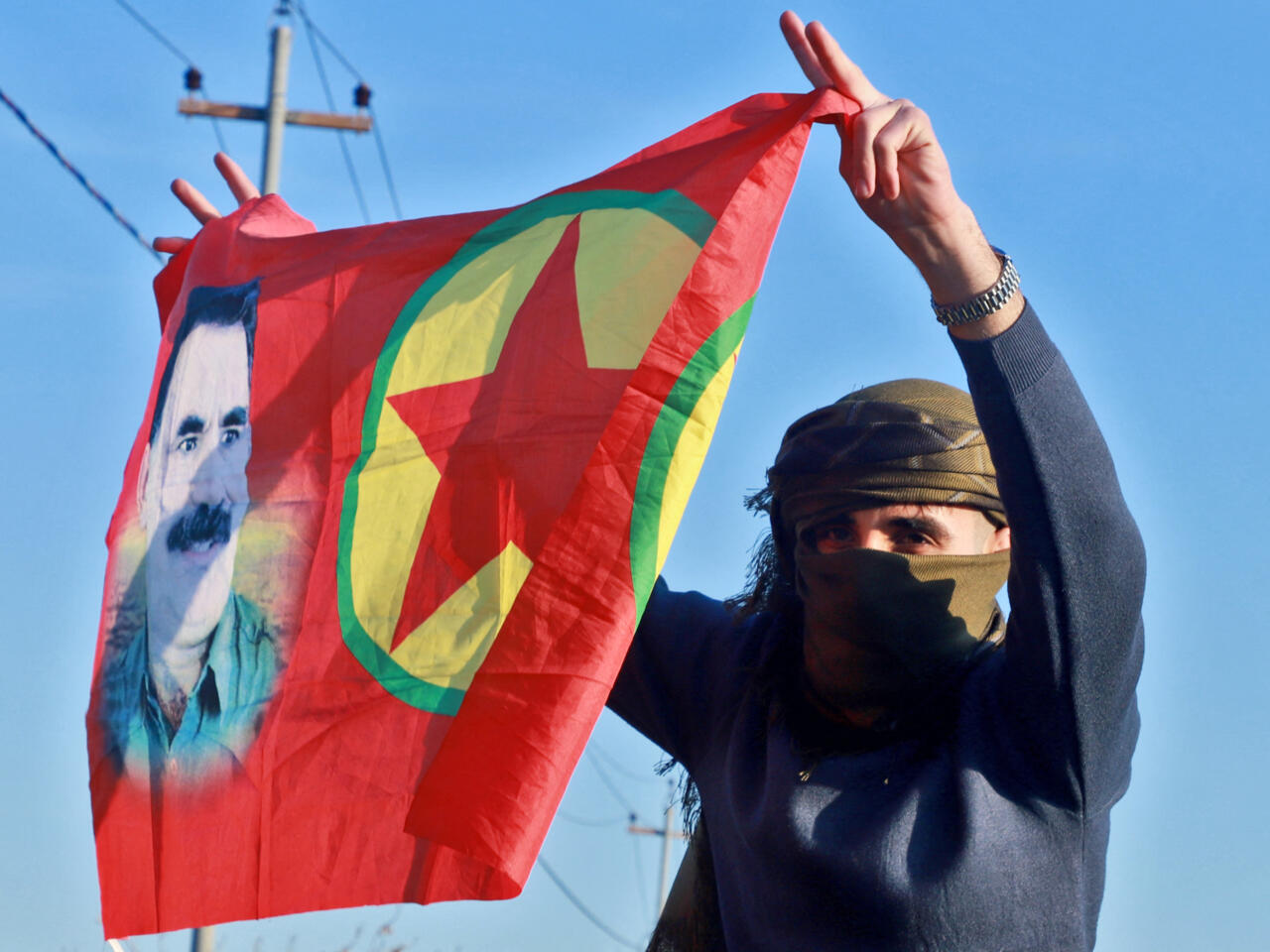
A FUSION OF REVOLUTIONARY SOCIALISM AND NATIONALISM
Founded on the 27th November 1978, the PKK began as an armed political organisation and guerilla movement based in the geographical Kurdistan region, with the most significant operational hubs being located in Southeastern Turkey, Northeastern Syria and Northern Iraq. Not only are these regions predominantly ethnically Kurdish, but the topography of the land is mountainous, allowing for more discrete movement and advantages in combat, when fighting on higher ground.
Ideologically, the PKK initially fought for an independent Kurdish nation-state, but in the 1990s, the movement altered its goals to instead aim for an autonomous Kurdish region within Turkey, with full political and cultural rights within the Turkish state. Philosophically, the PKK adhere to far-left Marxist-Leninist communism and “revolutionary socialism”, intermixed with Kurdish nationalism. This has led to the PKK being compared with various African militia groups and even the Irish Republican Army (IRA), who also adhere to similar ideologies of left-wing socialism mixed with cultural nationalism.
THE TURKISH DEFINITION OF TERRORISM
The nationalist element of the PKK’s ideology was further galvanised in the early 1980s, when Turkey formally banned the usage of the Kurdish language in both public and private life. Many Kurds over the years have been arrested and even imprisoned simply for speaking, writing and singing in Kurdish. To this day, Turkey officially denies the existence of the Kurdish people as a distinct ethnicity and nation, with the Turkish Government having accused the PKK in the past of attempting to spread propaganda in Southeastern Turkey which involved telling the local population there that they were “actually Kurds, not Turks”.
Although the PKK have been designated as a terrorist organisation by a number of countries, many analysts have rejected this designation, claiming that the PKK has refrained from carrying out actual terror attacks and does not target civilians, but rather exclusively military targets. The evidence points to the contrary, however, as PKK militants have, on a number of occasions, carried out large-scale attacks in civilian areas which have killed a number of innocent people. The PKK has also previously been accused of recruiting child soldiers into its ranks. It is also worth keeping in mind that Turkey itself has also complicated the definition of terrorism, regarding the PKK, as, for example, even promoting the idea of conducting education in the Kurdish language in schools and other academic institutions is considered support for “Kurdish terrorism”.
Turkey, in turn, has also been accused by the PKK and many international observers of carrying out atrocities over the course of the Turkey-PKK conflict. Such atrocities include the depopulation and destruction of over 3,000 Kurdish villages and several reported massacres of Kurd civilians, all in an attempt to root out and destroy suspected local PKK circles and collaborators.
THE END OF A HISTORICAL MISSION
In October 2024, Turkish ultranationalist politician and close ally of President Erdoğan, Devlet Bahçeli, spearheaded an official government policy aimed at a “terror-free Turkey”. As part of the policy, Bahçeli called upon PKK leader Abdullah Öcalan to formally order the disarmament and dissolution of the PKK. As part of his calls, Bahçeli also informed Öcalan that the latter’s release from prison, after 26 long years, can be negotiated with the Turkish Government, if the PKK did indeed heed their leader’s calls for official disarmament and dissolution. Via the pro-Kurdish Peoples’ Equality & Democracy Party (DEM), the Turkish Government began talks with Öcalan, which, in February, ultimately resulted in Öcalan agreeing with the Turkish Government’s terms to call for an end to the PKK’s activities. According to a letter written up by Öcalan himself, “All groups must lay [down] their arms and the PKK must dissolve itself”. Öcalan further declared that while the PKK was originally formed primarily because “the channels of democratic politics were closed”, the “positive signals” from the Turkish Government had convinced him that the current situation between Turkey and the Kurds had changed significantly enough to the point where armed struggle was no longer to be seen as a viable or necessary method of resistance. In response to Öcalan’s calls, the PKK in turn released a statement in which it formally declared that the movement had “completed its historical mission”, and that the issues which it had originally set out to tackle for the Kurdish people could now “be resolved through democratic politics”. President Erdoğan declared that the end of hostilities by the PKK presented an “opportunity to take a historic step toward tearing down the wall of terror”, and subsequently met personally with pro-Kurdish representatives in April.
Prior to the beginning of the PKK’s disarmament process, Öcalan made his first appearance via video feed since 1999, to directly address the PKK itself: “I believe in the power of politics and social peace, not weapons, and I call on you to put this principle into practice.”
THROUGH RECONCILIATION TO CONSTITUTIONAL CHANGE
Following the disarmament of the PKK, the Turkish Government is set to establish a commission that will oversee the ongoing peace process and negotiations between Turkey, the PKK and other Kurdish representatives. Although the process as a whole is expected to last for at least several months, Turkish MPs will be able to have their say and cast votes on various aspects of the peace process, although President Erdoğan will ultimately have the final say on everything. The same will be the case for the fate Abdullah Öcalan. While, for now, he will remain in prison, his remaining sentence will be under review over the course of the peace process and negotiations. However, if Öcalan is indeed to be finally released in the future, it would not be until the final stages of the peace process. Furthermore, any final decisions on the matter would, again, be ultimately down to President Erdoğan.
Finally, on the subject of President Erdoğan himself, there has been much speculation over his true intentions regarding the peace negotiations between the Turks and the Kurds. Currently, Erdoğan and his party, the Justice & Development Party (AKP), are in the process of making amendments to the Turkish Constitution, which many have speculated could include the allowing of Erdoğan to continue running for President of Turkey well past 2028, when his term – and final one – is set to officially end. It has also been speculated that if Erdoğan makes peace with the Kurds now, it could potentially convince pro-Kurdish parties and voters to align with Erdoğan in his attempts to amend the Turkish Constitution, thereby winning him support to also push for the Presidency beyond his current legal term limit. However, such a move has not been well-received by the more militantly anti-Kurdish factions within Turkish politics, who continue to support the current Turkish state policy of refusing to recognize the Kurds as a distinct ethnic group, culture or nation.

A HISTORICAL TURNING POINT AS PART OF A POLITICAL CAMPAIGN
Erdoğan is also currently facing popular backlash from his opponents, who have accused him of further political corruption by arresting several Turkish mayors током претходних месеци as part of what he has labelled an anti-corruption operation. The most high-profile arrest has been that of Ekrem Imamoğlu, Mayor of Istanbul and presidential candidate for the centre-left Republican People’s Party (CHP) – the very party which was founded by Mustafa Kemal Atatürk himself, the father of the modern Republic of Turkey. Imamoğlu is currently the main political opponent of Erdoğan, and has been steadily rising in the opinion polls.
Many of Erdoğan’s own supporters, however, are not convinced themselves of the legitimacy of these arrests, and have also accused Erdoğan of carrying out such “operations” in order to silence popular political opposition and consolidate his own influence and rule. The ongoing peace agreements with the Kurds and the PKK are arguably but one part of Erdoğan’s political campaigning, although it remains to be seen whether or not these current peace negotiations will last. Previous ceasefires with the PKK have taken place throughout the years, but, until now, none of them had lasted. In fact, a recent opinion poll held in June by the Konda polling organisation has shown that only 12% of people polled in Turkey actually believe that the PKK insurgency is over, and that the possibility of yet another outbreak of armed hostilities between the Turks and the Kurds is very much real.
Perhaps this time peace with the Kurds will last, but 47 years of the PKK’s existence has taken its toll on tens of thousands of people, both Kurd and Turk alike, and the influence of the PKK among the Kurdish people will not be erased anytime soon.
